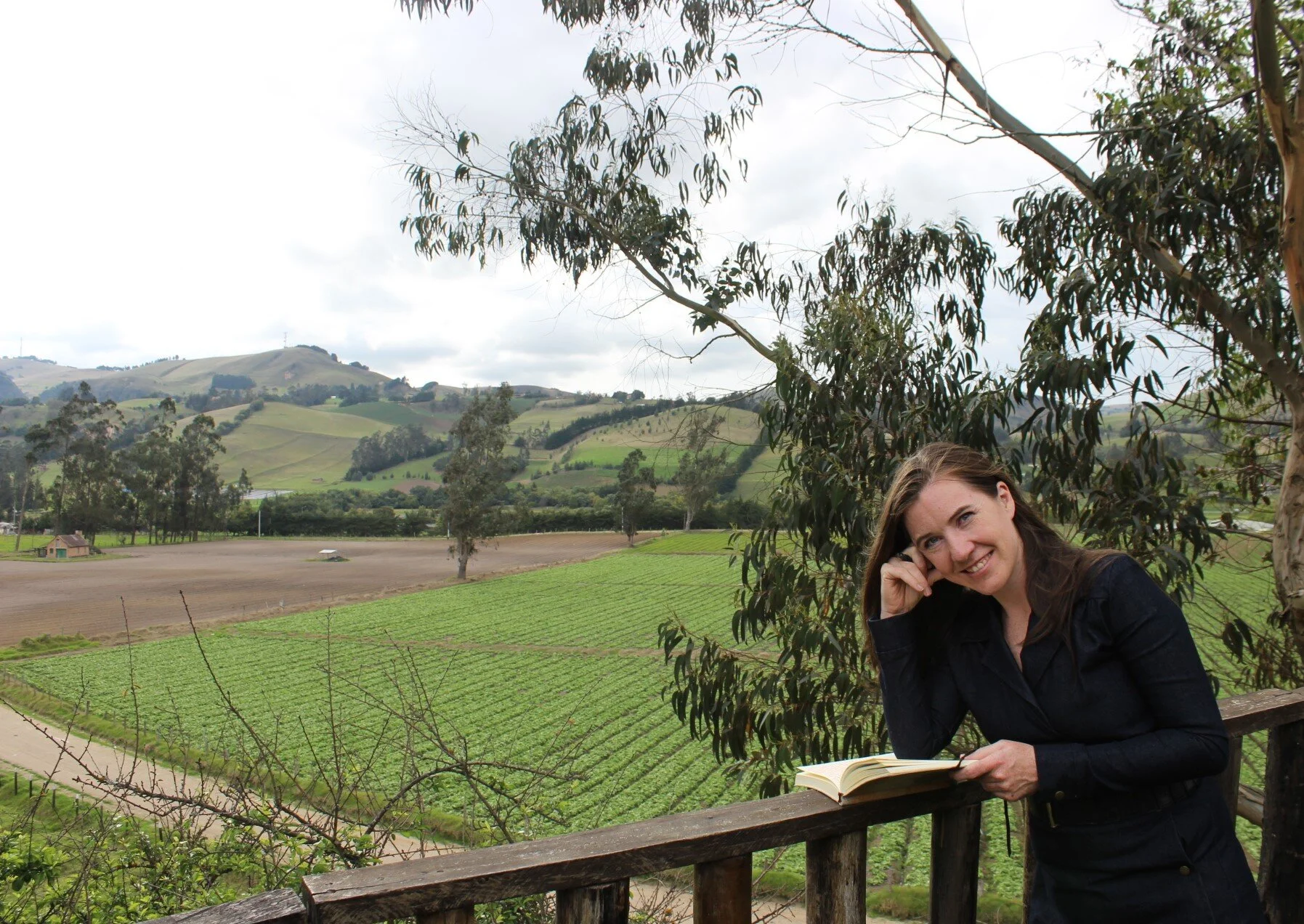How to Write a Spectacular Ending to Your Book with a Touch of Surprise
/The best advice I ever received about writing a ending to a story was that it needs to be “surprising yet inevitable.”
I know that sounds impossible, but I’m serious.
Think about your favorite book. It was probably inevitable, in that it made perfect sense with the plot, and yet there was also something about it that caught you off guard.
The same goes for really good self help or nonfiction. It resonates at a level that makes so much sense, it seems obvious. And yet, we are somehow enlightened by it, it teaches us something we didn’t realize before.
Those two characteristics, “surprising yet inevitable” are true of really great writing.
The concept of surprise and inevitability is as old as Aristotle’s Poetics. The element of surprise wrenches our emotions but the structural perfection of inevitability is what makes it intellectually fulfilling in the end. These two qualities allow us to be moved by the story with our heart and mind.
It’s also why ending a book can be challenging because you are building on all the structure you’ve worked so hard to create, and also making everything surprising and new.
So how do you do it?
Two words: Nonlinear connections.
Anything truly creative takes what is already known and weaves it into something original. Something totally unexpected.
When you’re getting near the end of your book, this means you want to really let in new air and new ideas. Read strange articles and take strange notes, and remember nothing needs to fit directly into the form of the story just yet. If you’re writing about talking dogs, and you can’t stop exploring NASA’s website, that’s great. This doesn’t mean you’re going to start writing about talking dogs on the moon, it means that something you learn is going to weave its way into an analogy or a daydream, making your writing richer as a result.
As you accumulate material your mad expanding notebook pages may seem chaotic. That’s fine.
When you allow intuition to guide learning, ideas accumulate in your heart as well as your head, and even though it may not make rational sense, it allows you to go beyond the rational. Albert Einstein once said, “I didn’t arrive at my understanding of the fundamental laws of the Universe through my rational mind.”
Of course not. When solving everyday problems it’s OK to use the same old empirical process, but where creativity is concerned, that’s never the case. Creativity is neither rational nor irrational; it makes a lot of beautiful, surprising and spectacular nonlinear connections.

